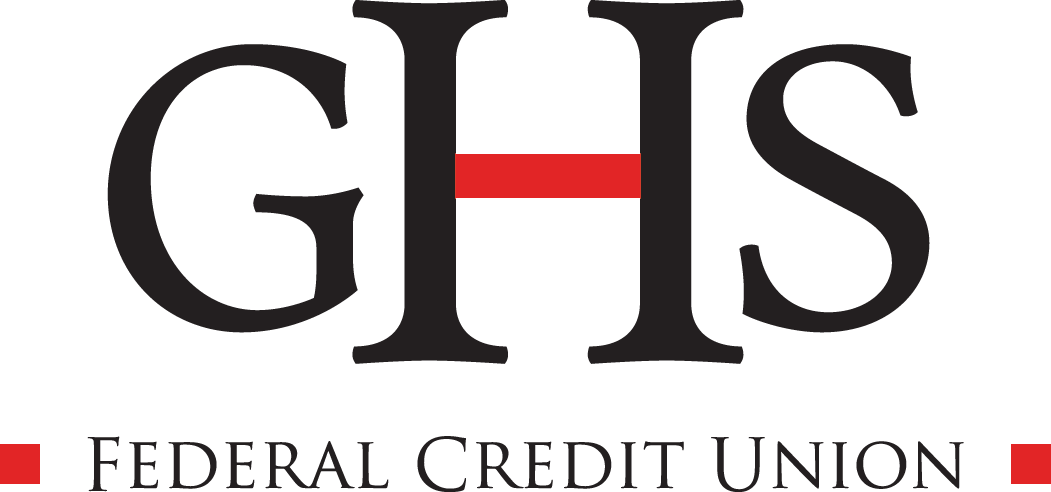How Can I Check If Someone Is Using My Identity?
Identity theft is a common occurrence with over two million fraud reports in 2020.
One question many people have after a compromise of their personal information or property is, “how to check if someone is using my identity?”. We’ll cover what identity theft is, how it usually occurs, and how you can ensure you have not been a victim of this insidious crime.
WHAT IS IDENTITY THEFT?
Identity theft is any fraudulent and unauthorized use of another individual’s personal and financial information to obtain goods and services or commit a crime.
There are many forms of identity theft, but they can all have devastating consequences on the victim’s financial situation. Some of these forms include tax fraud, medical fraud, credit card fraud, the opening of new fraudulent accounts, cashing fraudulent checks, and much more.
HOW DOES IDENTITY THEFT OCCUR?
Identity theft can occur anytime your personal or financial information is lost or stolen.
Data breaches, card skimmers, mail theft, hacking, and credit card theft are just some of the many ways criminals can gain access to your data. This includes everything from having your wallet taken during a robbery to having your bank login information compromised through a phishing attack online.
HOW CAN I CHECK IF MY IDENTITY HAS BEEN COMPROMISED?
Many victims often find out someone is using their identity by accident. Typically, this is when they either apply for credit and get denied due to false and inaccurate information on their credit report or receive a phone call or surprise bill in the mail intended for them regarding a debt or bill that is not theirs.
There are several ways you can check to see if your identity has been compromised, including:
Closely Review Your Monthly Bills
Check your bank statements, credit card statements, and other monthly bills frequently for any suspicious transactions or other signs that someone is using your identity.
It is important to catch any fraudulent activity early and report it to your financial institution immediately. Some banks will also contact you in the event of any suspicious transactions and ask you to verify your most recent transactions.
Regularly Check Your Credit Reports
Review your credit reports with all three credit bureaus annually with a free credit check. Signs that your identity has been compromised could include:
Hard or soft inquiries you did not initiate
Addresses that do not belong to you
Employment history that doesn’t match your own
New accounts that you did not open
Collection activity that you did not generate
Be sure to report any suspicious, fraudulent, or inaccurate information immediately by filing a dispute with each bureau where it appears.
Sign Up For Identity Monitoring Services
Most financial institutions offer some form of identity theft protection and monitoring services to their members. These services automatically comb through your credit files, bank accounts, etc., to find any fraudulent activity, as well as scan the dark web for any compromise of your personal data.
In some cases, these services may be free to account holders, or you can access these tools through a third-party company by paying a small monthly or annual fee. Some of these services can also help you fight back and restore your identity if you fall victim to this unfortunate crime.
Place Fraud Alerts on Your Credit Reports
If you have reason to believe that your information has been compromised, you can also place fraud alerts on your file with all three credit bureaus. This will prevent any future identity theft from taking place and ensure that all lenders take additional steps to verify your identity and check with you first before opening a new account or extending a new line of credit.
In addition to these steps, be on the lookout for other signs someone is using your identity.
For example, your mail may no longer come to your current address, or a tax return is filed in your name. There are a variety of ways that identity theft can come to light when you least expect it. The most important thing is how you react once you do discover someone is using your identity.
Read More: 5 Things To Do If Your Identity is Stolen
PROTECTING YOURSELF AGAINST IDENTITY THEFT
At GHS Federal Credit Union, providing you with superior service is our top priority. We’ve been meeting the financial needs of the community for more than 80 years through our comprehensive personal and business products as well as financial tools and resources, including identity theft protection services.
To learn more about what to do if you become the unfortunate victim of identity theft, click below for a step-by-step guide.
